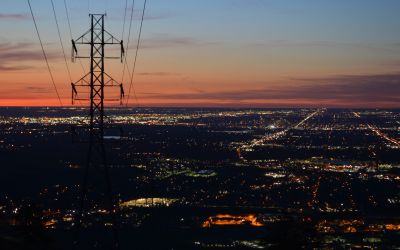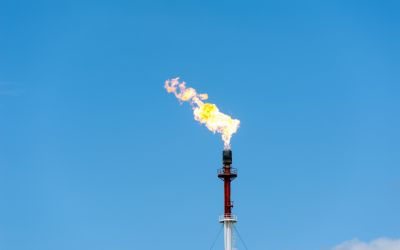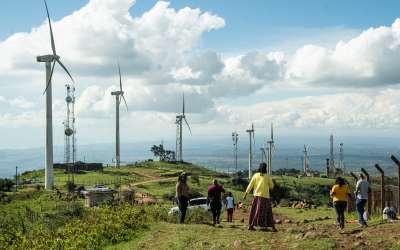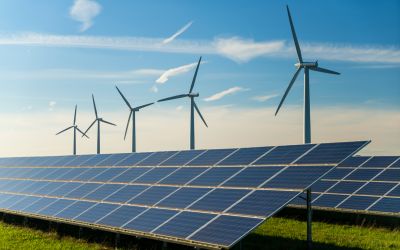COP21 Day 4: the future of green buildings
The fourth day of the COP21 United Nations Climate Change Conference on Thursday had the theme of Buildings Day and saw the launch of the Global Alliance for Buildings and Construction, designed to scale up low-carbon development in the sector

The fourth day of the COP21 United Nations Climate Change Conference on Thursday had the theme of Buildings Day and saw the launch of the Global Alliance for Buildings and Construction, designed to scale up low-carbon development in the sector.
Eighteen countries including Austria, Brazil, Cameroon, Canada, Finland, France, Germany, Indonesia, Japan, Mexico, Morocco, Norway, Senegal, Singapore, Sweden, Tunisia, Ukraine, United Arab Emirates, the US, and over 60 organisations are part of the alliance.
The World Green Building Council (WorldGBC) is a key member of the initiative and committed to a ‘global market transformation’ to achieve both net zero carbon new building and the energy efficiency retrofit of existing stock by 2050.
EU firms pledge action
Sixteen major European firms also made pledges to develop ‘nearly zero energy buildings’ (nZEB) for new build by 2020, and refurbished buildings by 2030.
The 'Moving towards net zero buildings' commitment, was been signed by 16 leading organisations including Acciona, British Land, Doosan, Ferrovial, GlaxoSmithKline, Hammerson, Heathrow, Interface, JLL, Kingfisher, Land Securities, Lloyd’s Banking Group, Philips, Skanska, Sky, Tesco.
In a statement, the group said the pledge was a response to the “lack of co-ordinated approach across the built environment sector in the delivery of energy efficient building”.
The plan outlines key actions that the signatories will take, including reducing energy intensity across corporate property estates; collaborating across the supply chain to set specific targets and engaging with policy makers on progress, reporting and progress towards zero energy goals.
Google clean energy target
Tech giant Google joined the RE100 global; renewable energy initiative with a target to triple its purchase of renewables by 2025 and a long term goal to power all of its operations with clean energy.
Google, which is already the largest private sector purchaser of renewables in the world, said it will purchase a further 842 megawatts of energy through a range of new global wind and solar projects.
Google is the latest tech giant to join the RE100 campaign after Microsoft and Adobe earlier this week and over 40 firms have joined the initiative since it was launched at Climate Week NYC in 2014 including Autodesk; Aviva; BT Group; Goldman Sachs; IKEA Group; Infosys; Johnson & Johnson; J. Marks & Spencer; Mars, Incorporated; Nestlé; Nike, Inc.; Philips; Starbucks; Unilever; and Walmart.
New draft text
A new draft negotiating document for the summit was also posted on the UN Framework Convention on Climate Change UNFCCC) website on Thursday morning.
The new version has been reduced from 55 to 50 pages and another new text is expected on Friday.
Negotiators are due to present a draft agreement by Saturday lunchtime with a maximum of settled options, before Ministers take control on Monday.
Urban transport innovations
Mastercard and C40 Cities announced a new partnership on the fourth day of COP21 and they aim to create a knowledge transfer network for urban transport innovations.
The partnership is designed to share a range of initiatives including:
London, where the introduction of contactless transit ticketing has reduced costs and increased ridership, particularly from tourists
San Francisco, where ‘SF Park’, a parking program with a responsive pricing mechanism, has reduced ‘cruising’ for parking by around 50%
Paris, where changes to parking policies and the introduction of a car sharing scheme in addition to cycling and public transport improvements has reduced vehicle miles travelled and emissions






